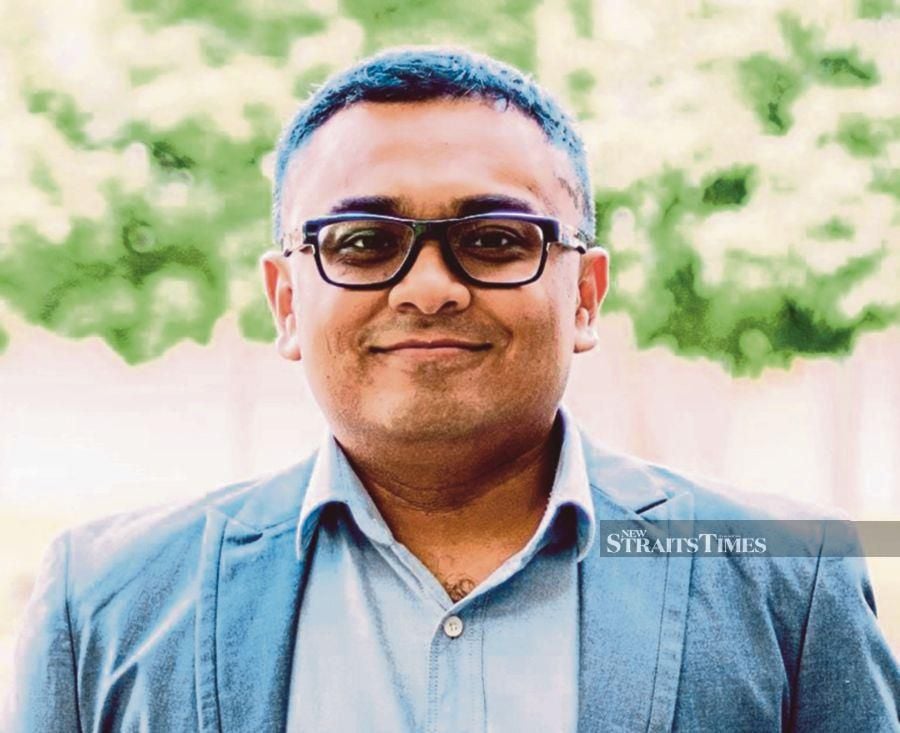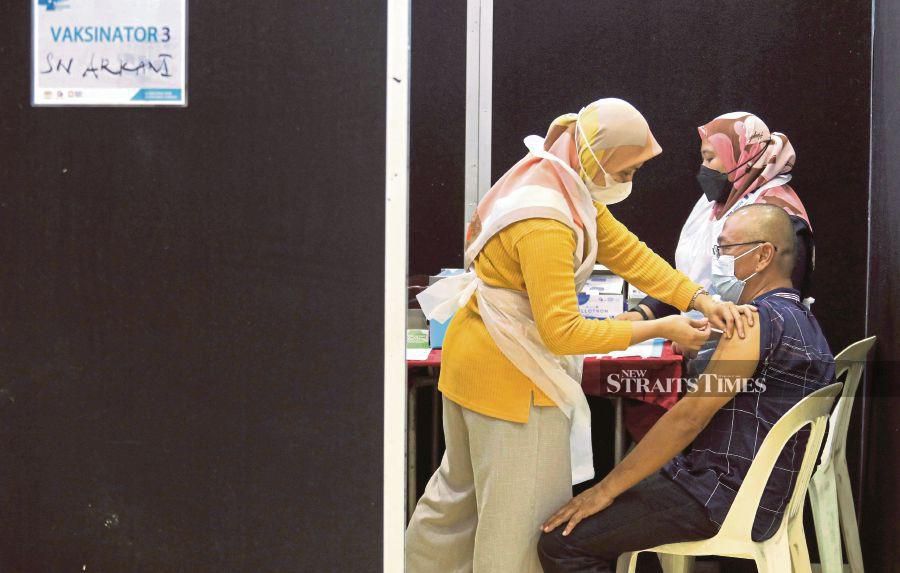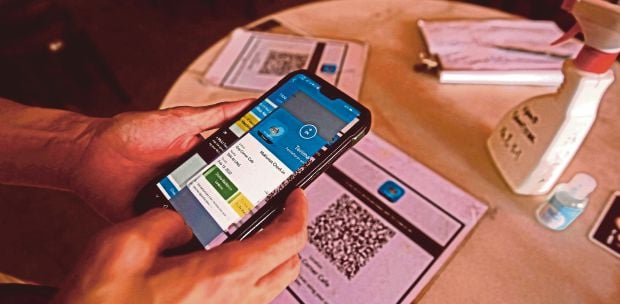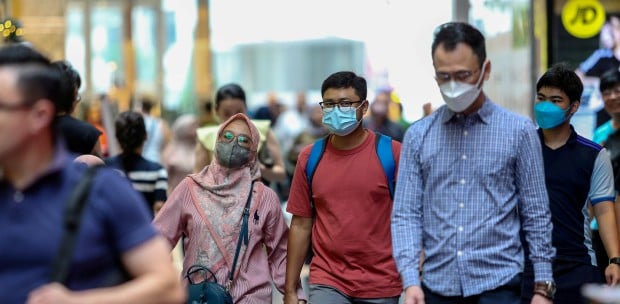KUALA LUMPUR: A well-timed booster dose would be the most effective way to protect Malaysia from experiencing a similar fate as China, which is facing an exponential rise in Covid-19 cases driven by Omicron subvariant BF.7.
Molecular virologist Dr Vinod Balasubramaniam said this in expressing concern over the "worryingly low" uptake of Covid-19 booster shots among Malaysians.
Health director-general Tan Sri Dr Noor Hisham Abdullah yesterday said less than half, or 49.8 per cent, of the population have received the first booster dose. The number of people who have received their second booster dose was even more dismal at a mere 1.9 per cent, he added.
Dr Vinod, who is a senior lecturer of the Jeffrey Cheah School of Medicine and Health Sciences at Monash University Malaysia, said these numbers should be concerning.

"The Health Ministry must do more to encourage the population to take booster doses if we don't want to clog our ICU beds and burden hospitals.
"Get booster shots if you are eligible (more than six months from your previous booster), especially for vulnerable populations.
"While there are no knee-jerk reactions from the government, the public should take their safety in their own hands, especially if you have people who are vulnerable at home," he told the New Straits Times.
He said while the argument was that one could still get infected even with a booster, the chances of getting infected and suffering from serious symptoms, as well as the risk of hospitalisation, were reduced with booster doses, especially in vulnerable populations.
He said BF.7 had the strongest infection ability among the Omicron subvariants, being quicker to transmit than other variants, having a shorter incubation period, and with greater capacity to infect people who have had a previous Covid-19 infection, or have been vaccinated, or both.
BF.7 is believed to have an R0, or basic reproduction number, of 10 to 18.6, according to latest data.
"This means an infected person will transmit the virus to an average of 10 to 18.6 other people. Research has shown Omicron has an average R0 of 5.08."
"This Omicron sub-lineage has more mutations in its spike protein than its parent version, which makes it even more lethal even for those who are fully vaccinated against the virus."
BF.7 has been detected in several other countries, including India, the United States, the United Kingdom, Belgium, Germany, France and Denmark.
A person infected with the BF.7 variant may face symptoms like fever, sore throat, runny nose, fatigue, vomiting, and diarrhoea.
Dr Vinod, however, said despite BF.7's immune-evasive characteristics, and worrying signs about its growth in China, the variant seemed to be remaining fairly steady elsewhere.
"For example, in the US, it was estimated to account for 5.7 per cent of infections up to Dec 10, down from 6.6 per cent the week prior."
On China's Covid-19 crisis, he believed it could be due to BF.7's high R0 coupled with the low level of immunity in the Chinese population from previous infections, and possibly the kind of vaccination administered as well as vaccination coverage.
"The strict lockdowns in China meant that a huge proportion of the population did not get infected. China has been struggling with a rush of Covid-19 cases after it started moving away from its so-called zero-Covid approach, which mandated strict lockdowns, quarantines and closed borders.
"The country is ramping up vaccinations for its vulnerable elderly population as the case surge strains healthcare systems.
"Another reason could be that the primary vaccine used in China is Sinovac, when we know that the other vaccines (Pfizer-BioNTech and AstraZeneca) have superior capabilities in terms of protection."
Dr Vinod said while the ministry had reported no recent cases of BF.7 in Malaysia, it would be a matter of time before the country saw its first due to operating protocol relaxations and air travel.
Earlier, Dr Noor Hisham urged frontliners and the public, especially those in the high-risk groups, to get a booster dose of the Covid-19 vaccine.






